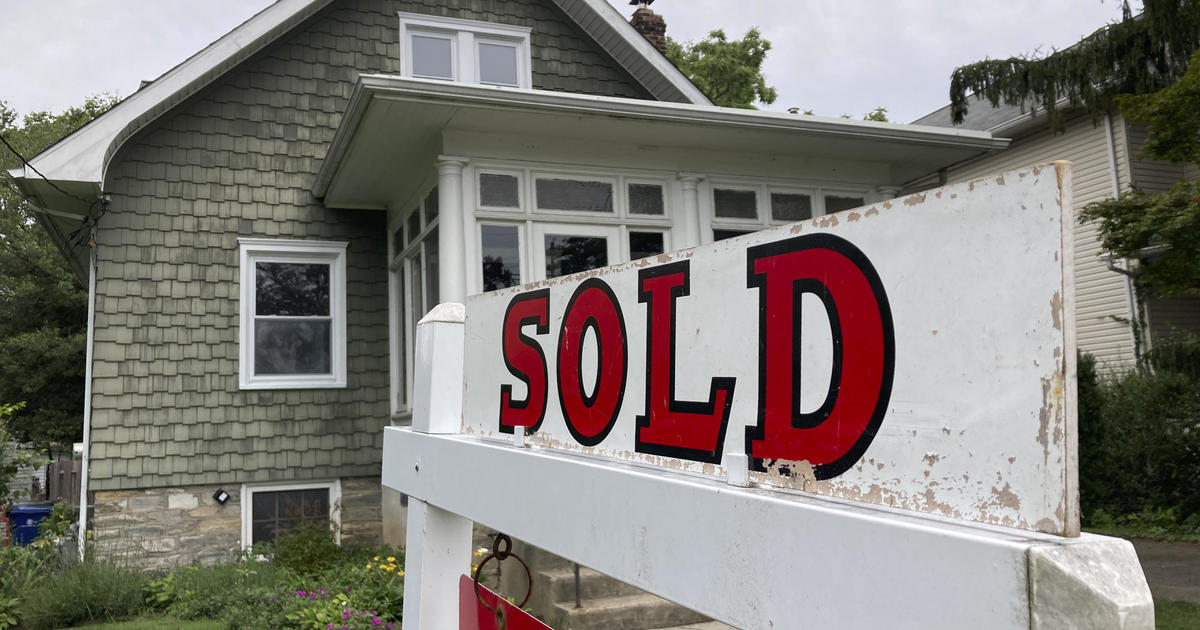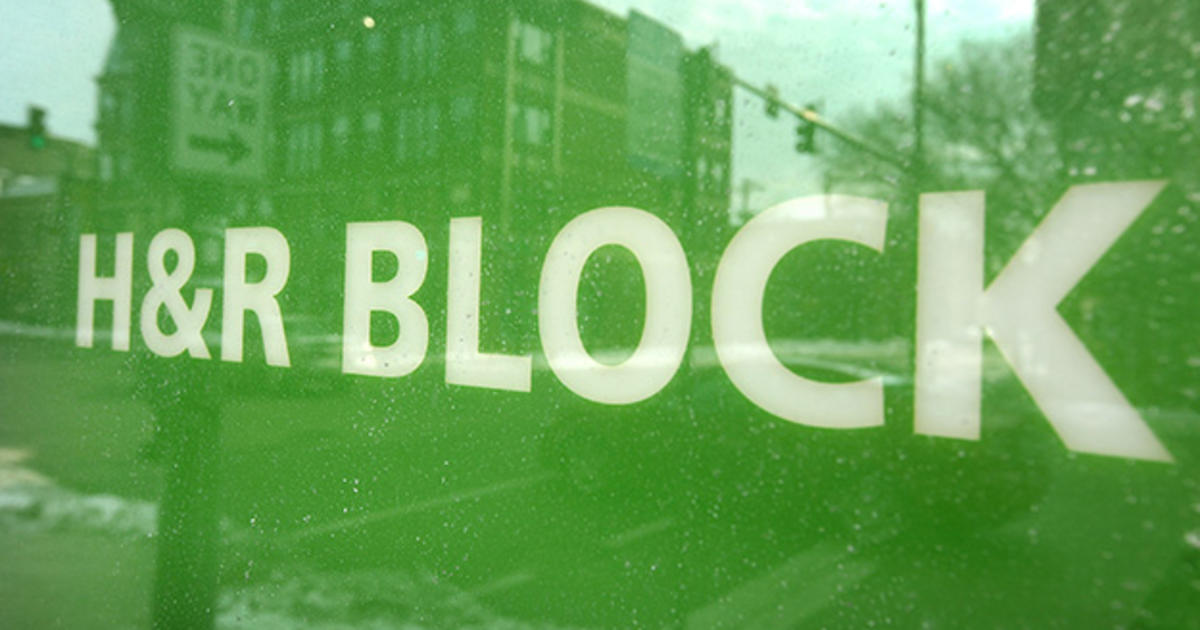The gig economy is a boon for boomer retirees
Craig and Kathy are an active retired couple who were searching for a side job. They wanted something that would allow them to make some money to supplement their retirement income, determine their own hours and spend time together. During an online search, they landed on Rover.com, the nation's largest network of dog sitters and walkers.
For these dog lovers, it was a perfect fit: They now host more than 200 dogs with over 100 repeat customers and have garnered numerous five-star reviews. This extra income has allowed the couple to keep their savings and retirement funds intact, while generating some extra cash for fun activities.
Craig and Kathy are a good example of retirees who are using the gig economy to supplement their retirement income. This is indeed a great employment strategy for millions of aging baby boomers approaching their retirement years.
If you're in your 60s with modest retirement savings, it's smart to delay starting your Social Security benefits and drawing down your retirement savings for as long as possible (but no later than age 70). Earning just enough money to cover your living expenses while letting your financial resources grow can significantly increase your retirement income when you eventually leave the workforce for good.
Working longer at your current job or working part time is one way to implement this strategy, and many people are catching on to the idea of continuing to work in their later years.
But actually doing so isn't always easy. For instance, it may be difficult to find work, you might encounter ageism or you might simply want to be your own boss. Here's where the gig economy really helps: It can let you engage in your own service business without much outlay of money.
Here's a brief tour of possibilities that can help you earn some spending money:
- Uber or Lyft matches drivers with people who need rides.
- Airbnb enables you to rent out a spare bedroom or two, or start your own short-term rental business.
- Roommates can help you find a long-term renter for that spare bedroom or two.
- Urbansitter matches parents with baby sitters (think Grandmas-r-Us).
- Rover matches dog owners with dog walkers, with the important side benefit that you'll get plenty of exercise.
- TaskRabbit matches homeowners with nearby people who are handy and can fix things.
- eBay matches buyers and sellers, for people who want to start a business selling stuff.
- Fiverr and Upwork both match freelancers with businesses that have projects in a number of areas, including graphic design, marketing, coding or translating.
- Wyzant enables people to find a nearby expert or tutor on a variety of topics.
- Doordash lets you to deliver restaurant food to people's homes.
- Etsy allows crafty people to sell their wares worldwide.
- Honor matches people who have long-term care needs with qualified care providers.
These are just a few ideas to help you get started. Once you look, you'll find many other possibilities to investigate, and online articles can give you more ideas.
Most of these gig economy services have a common business model. They have a vetting process to qualify providers because not just anybody can sign up to find work, rent their place or start selling things.
Their websites often rate both customers and providers, so buyers and sellers can check each other out. They facilitate the payment process, with buyers usually paying online or through their mobile device, and providers receiving compensation the same way. And of course, the services take their cut.
How are seniors faring in the gig economy? Not bad, according to a few sources:
- Airbnb identifies woman age 60-plus as their most successful hosts and the fastest-growing community of providers.
- Uber reports that 24 percent of its drivers are over 50.
- DogVacay, which recently merged with Rover.com, reports that people over 50 constitute 25 percent of their providers.
- One estimate says 40 percent of workers 53 to 64 work in the freelance economy.
Retirees get one more significant benefit for tapping into the gig economy: It puts them in contact with other people, giving them valuable social contacts. Isolation is a real risk for older Americans.
Earning income in the gig economy does have some challenges:
- Income can be unpredictable.
- Providers are usually considered contractors and are responsible for keeping track of and paying their own taxes.
- Don't expect employee benefits, such as health insurance, that often come with a W-2 job.
However, these drawbacks may be an acceptable trade-off to retirees for earning additional spending money to supplement their Social Security and other regular retirement income. And lack of employer-provided health care isn't a big deal for seniors who get medical insurance through Medicare, retiree medical insurance or COBRA.
It's not easy to live a long time in today's economy. It takes resilience and resourcefulness. Fortunately, the ever-expanding gig economy is one way to help make ends meet for a potentially long life.




